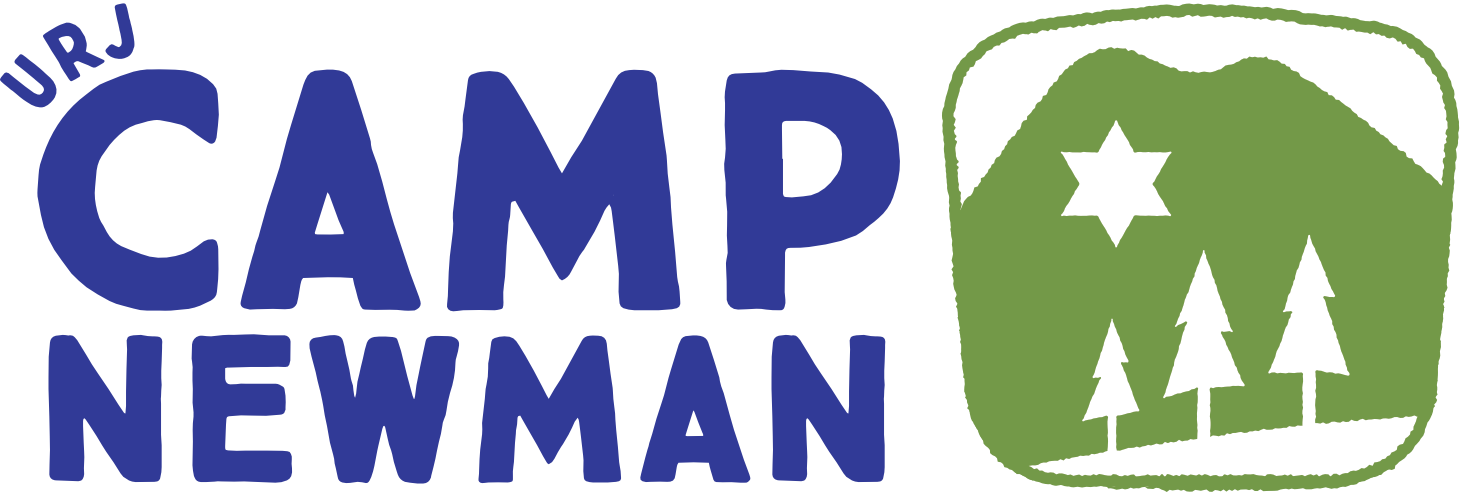By: Julie Bressler, Education Director and Rabbinical Student at Hebrew Union College in Los Angeles
As the #metoo movement emerged last fall, I kept thinking – how will we talk about this at camp? How can we utilize the safe space of camp to teach campers about this unfortunate reality of our world? Camp is a place where people feel safe and accepted, yet, like anywhere, this cultural reality creeps in and influences our behavior here as well.
During staff week, all counselors participated in a program focused on the influence of gender-based expectations around camp. There is a desire to believe that these binary expectations do not enter the camp space as so many of us say that we are our best and truest selves at camp. While this sentiment is largely true, this program helped us to acknowledge that negative language and sense of self emerges from our treatment of one another at camp too. We talked about gender stereotypes and the ways in which our gender identity influenced our experiences as campers and staff.
We then shared our own stories and discussed how we can work together to promote a more holistic and healthy sense of identity at camp this summer. Counselors came up with body positivity posters to hang in their cabins and discussed with one another how to help build up their campers’ confidence. I was inspired by the counselors’ commitment to making change to camp culture and willingness to share their own experiences. Through this honesty and openness, I knew this summer would be one of change, growth, and support.
With these ideas in mind, several Eidot (sessions) at camp have engaged in programming over the past few weeks to discuss this issue of gender expectations and healthy. Counselors, Rashim (unit heads), and Sganim (assistant unit heads) worked with Jewish educators across camp to develop programs that honored the different maturity levels and experience levels of the campers and staff in each session. As we developed these programs, we thought about how to challenge the campers to think critically about how gender expression influences their experience at camp and provide them with tools to feel empowered to speak up when they witness unsupportive behaviors.
 Shomrim (6th-7th graders) discussed gender expectations through a program that educated the campers about gender identity and the spectrum of gender expression. They learned about Camp Newman’s commitment to the inclusion of staff and campers who identify outside of the gender binary. The campers expressed a great sense of pride and understanding about this policy. At the end of their program, campers and staff thought about how they can be allies.
Shomrim (6th-7th graders) discussed gender expectations through a program that educated the campers about gender identity and the spectrum of gender expression. They learned about Camp Newman’s commitment to the inclusion of staff and campers who identify outside of the gender binary. The campers expressed a great sense of pride and understanding about this policy. At the end of their program, campers and staff thought about how they can be allies.
Campers in Rishonim (8th-9th graders) and Hagigah (10th-11th graders) participated in programs to discuss healthy relationships and self-confidence.

You glow + make everyone around you happy … be someone’s ray of sun + someone will always return the favor :*)
In Rishonim, campers washed away their insecurities literally (using markers on coffee filters and dipping them into a kiddie pool) and figuratively through conversations with their cabin. At the end of the program, counselors and campers alike shared characteristics that make them proud of themselves with one another. Hearing these campers shout so many positive qualities into the air brought tears to my eyes. In a time when social media and the world at large can make a teenager feel unworthy and less than others, camp helps these campers find so much to love about themselves.
Hagigah discussed the power of language and its influence on our relationships with one another. With staff support, campers talked about words that bring us down and brainstormed words we can use to build one another up. Campers filled huge sheets of butcher paper with compliments and statements of support for one another and committed to using this type of language moving forward at camp.
As the #metoo conversation continues to be a focus of our media and within the Jewish community, I am proud that Camp Newman is providing spaces for meaningful and challenging conversations. Admitting our own part in this culture development is not easy, but it has enabled us to move forward to think about how we can change the culture to be more inclusive and supportive for ourselves and generations of campers and staff in the future.
